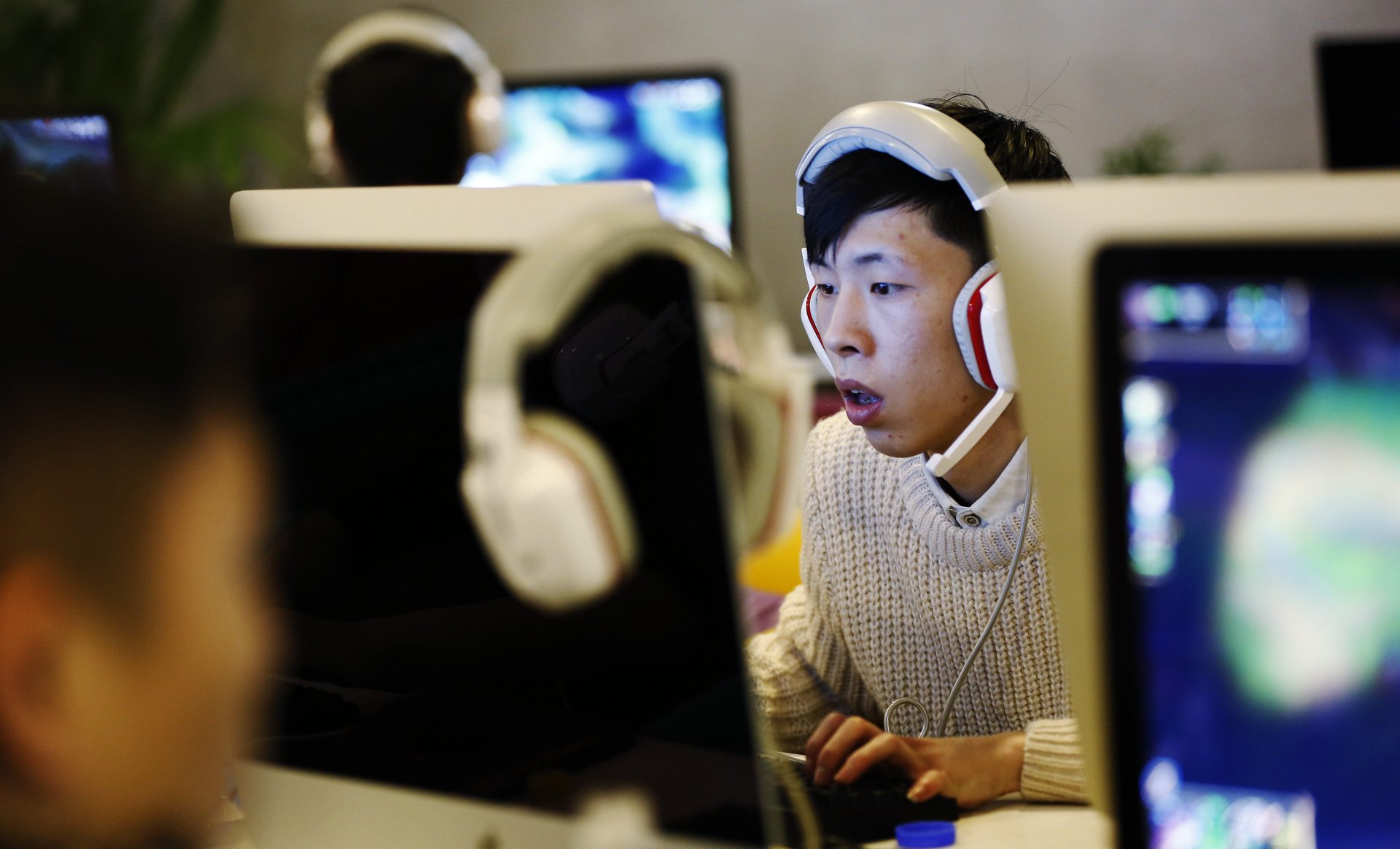Martian language, emoji, and braille: How China is rallying to save a coronavirus story online
A Chinese magazine has published new details about China’s early efforts to suppress information about its unfolding coronavirus epidemic—a source of significant public anger—and now people are scrambling to preserve the account from Beijing’s censors.


A Chinese magazine has published new details about China’s early efforts to suppress information about its unfolding coronavirus epidemic—a source of significant public anger—and now people are scrambling to preserve the account from Beijing’s censors.
Ren Wu, or People magazine, yesterday published an interview with Ai Fen (link in Chinese), a doctor who heads the emergency department at a major hospital in the city of Wuhan, where the outbreak began unfolding in December. She told the magazine that she was the first to alert other people about the novel virus, which has claimed more than 3,000 lives in China in the weeks since. In those early days, before top officials spoke publicly about the virus, doctors who tried to share information about it were ordered to stop. Many in China believe the country’s epidemic would not have been so severe if not for the country’s tight controls on information.
Ai said that on Dec. 30 she saw the medical report of a patient with an unidentified pneumonia that resembled SARS, a respiratory illness caused by another type of coronavirus that emerged in China in 2002. She sent a photo of the report to a doctor friend and to her department’s messaging group, after which it circulated widely among local doctors—including Li Wenliang, who along with seven others was reprimanded by Wuhan police in early January for “spreading rumors.” Li himself contracted the virus and died from it last month, and his death triggered rare expressions of discontent with the government and demands for free speech. The outcry prompted the authorities to later honor him as a hero (link in Chinese) while at the same time continuing to censor hashtags honoring him on Weibo and on WeChat.
Although she was not among the eight who were called in by the police, Ai said she was warned by her hospital not to spread rumors and not to tell more people, not “even her husband.”
“As a clinician, when I discover a very important virus, how could I not tell other doctors… I did the thing that a doctor, a normal human being would do,” said Ai. “If the public could be alert for the virus since Jan. 1, then there would not be so many tragedies.”
The story was deleted from Ren Wu’s WeChat account within hours (link in Chinese) of being published, according to Radio Free Asia.
However, Chinese internet users have since come up with various ways to preserve and share the article in a show of defiance towards the censors. Some wrote the story backwards, while others used “Martian” language, or Huo Xing Wen, a coded language based on popular ancient Chinese characters used often by Chinese internet users to bypass censors, to republish the article.
Some also turned to the help of emojis and braille symbols to make the text more difficult to be recognized and scrubbed by censorship programs. There are also English and German translations of the article published on WeChat. While the various versions of the story are being deleted one after another, people are still racing with censors to share ever more versions of the article on a growing number of platforms.
Chinese internet users have been pushing back for months against official efforts to shape the narrative around the virus—which have seen the government send dozens of journalists to the worst-hit areas to highlight the efforts of those on the frontlines of fighting the outbreak. Three Chinese citizen journalists have also gone missing after they uploaded videos showing a critical view of the situation in Wuhan to YouTube and Twitter.
Chinese citizens living overseas, for instance, set up a GitHub project to document coronavirus news and personal accounts. But the almost collective nature of the effort to save the magazine interview with Ai stands out.
“This is a landmark moment in the history of the Chinese internet, with so many people participating in this ‘relay race’ to keep this article alive,” wrote WeChat account “People’s Road No. 56” which also republished the interview.